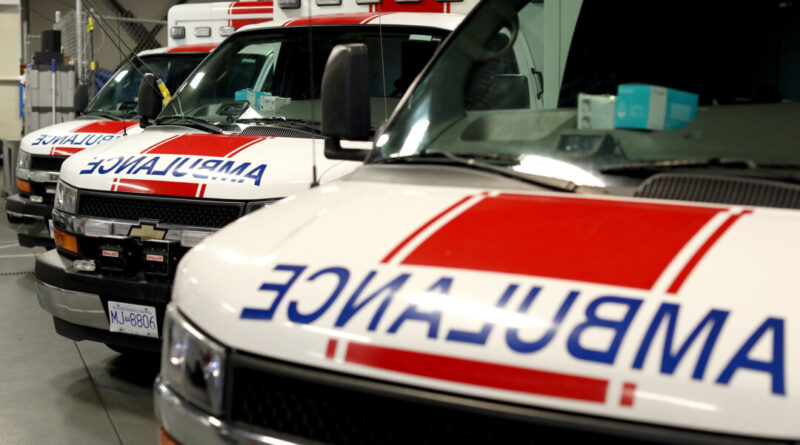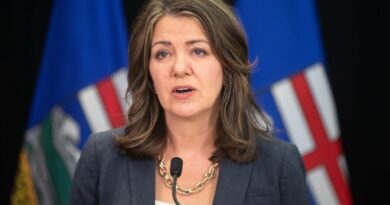Healing Our Fragile BC Health System: Why Scotch Tape and Wet Paper are Key Election Issues
Mayor of Merritt in British Columbia’s Interior, Mike Goetz, has taken on a new role as a bill collector. In June, he invoiced the province for $103,831.87, citing the expenses related to the closures of the Nicola Valley Hospital emergency room.
This bill includes costs for last year’s 19 closures and the first five closures this year, along with refunds of what the city paid for hospital services and expenses incurred when firefighters responded to medical calls due to paramedics being occupied with patient transfers to Kamloops, approximately 85 kilometers away. The bill also includes GST charges.
Goetz emphasized that these additional costs, on top of the more than $600,000 the municipality already pays the province annually for the hospital, would equate to a one-percent increase in taxes for the community unless the province covers the expenses.
Concerns about the state of B.C.’s health system are not unique to Mayor Goetz. Temporary closures of emergency rooms have impacted both rural and urban hospitals, leading to cancer patients being sent across the U.S. border for radiation therapy and a shortage of nurses and doctors.
As the Oct. 19 provincial election approaches, health care remains a central issue. The B.C. Conservatives have proposed significant changes, while the governing New Democrats have commitments that may not be fully realized until after the election.
Addressing the challenges in the health-care system will require more than just increasing staff numbers, according to Dr. Rita McCracken, a family doctor and assistant professor at the University of British Columbia.
Various parties have put forward their plans to improve the situation. B.C. Conservative Leader John Rustad aims to send more people out of the province for health care, expand private clinics, and provide compensation to health workers who lost their jobs due to refusing the COVID-19 vaccine.
On the other hand, the BC Greens have proposed establishing community health centers in all 93 ridings in B.C. instead of the current network of urgent and primary care centers.
Despite efforts made by the government to address health-care staffing issues, challenges persist. The NDP government, if re-elected, promises to expand pharmacists’ prescribing authority, reduce paperwork for doctors, and enhance services provided by physician assistants.
While hiring more professionals is essential, Dr. McCracken stressed the importance of a more comprehensive assessment of the system’s needs to ensure its stability.
Several organizations have called for improvements in health care, emphasizing the need for access to extended benefits and streamlining services to better meet patient needs.
Adriane Gear, president of the BC Nurses’ Union, highlighted the demanding nature of working in emergency rooms and the significance of maintaining adequate nurse-patient ratios.
As the election nears, health care remains a critical issue that is expected to be a key point of discussion among voters.
In Merritt, Mayor Goetz awaits a response on his bill from Health Minister Adrian Dix. If no response is received, he plans to escalate the matter to collections, referring to the situation as a “house on fire.”



